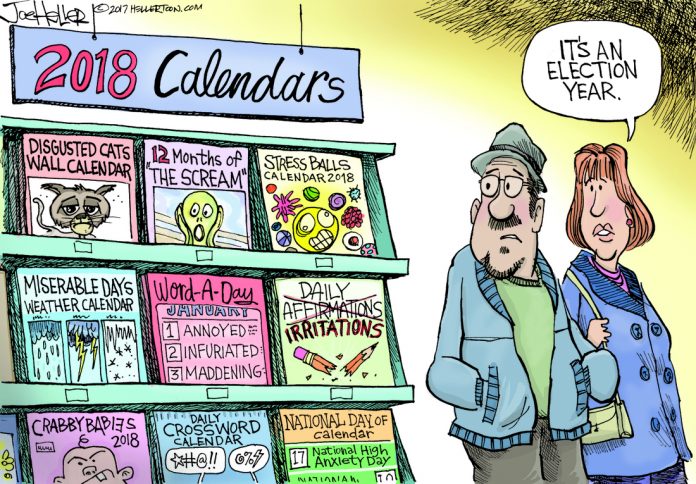A new year brings new goals, new challenges, and unfortunately for many of our older citizens, new opportunities to be taken advantage of, fleeced, scammed, and robbed by gentle-voiced “financial counselors.”
As the Baby Boomers enter retirement, a special category of predators sees a potential gold mine in taking hard-earned money from retirees.
If you are in this age group, or know of someone in this age group, the American Association of Retired Persons encourages you to be on the alert for people who have no qualms about squandering or outright stealing lifetimes of savings.
This elder financial abuse, the AARP warns, can take many forms. Sadly, the biggest threat may be from family and friends.
The National Center on Elder Abuse reports that 90 percent of the perpetrators are family members or people the victims know well, such as neighbors, friends or caregivers.
Scammers view the elderly as easy prey. To guard yourself or a loved one against financial exploitation, it’s important to know the warning signs — and what to do if you spot them.
Financial abuse can take many forms, ranging from investment scams, bogus lottery schemes and stolen jewelry to identity theft, credit card misuse and forged checks.
The five key markers that make many seniors prime targets are:
1) Lack of knowledge about major financial issues
2) Physical frailty
3) Isolation
4) Hesitancy to report
Just one in 44 financial elder abuse cases is ever reported, according to the National Adult Protective Services Association. A majority of family and friends (72 percent) cites embarrassment as the main obstacle they believe keeps elders from reporting financial abuse.
And, naturally, older people often don’t want to get relatives in trouble, says AARP.
Any suspicions of theft or fraud should be reported to law enforcement officials, and there are local and state agencies to help elderly victims of financial abuse.
Financial planners should have the proper credentials, which can provide some assurance of expertise and ethics.
Are you a senior investor with questions about your brokerage account statement or an investment in a brokerage account? Are you concerned that your account may have been mishandled by a broker? To help you with these and other investment-related questions, the Financial Industry Regulatory Authority provides a securities helpline for seniors.
To help with investment issues, FINRA has a newly established toll-free help line (844.57.HELPS, or 844.574.3577) that older people can call if they have questions about their brokerage accounts, including statements and individual investments. The hotline is open weekdays from 9 a.m. to 5 p.m. Eastern Standard Time.
For assistance with checking the background of a broker or brokerage firm, or an investment adviser or investment representative, call the FINRA BrokerCheck Hotline at (800) 289-9999. You may also use the online version of FINRA BrokerCheck. The main FINRA phone number is 301.590.6500.
Insurance agents also should have proper licenses. At finra.org, potential investors can check to see what credentials their broker or planner actually has, and check any history of enforcement actions.
As for insurance and annuity products, insurance.ca.gov enables California consumers to get advice, check the license status of an insurance agent, or file a complaint against an agent.
Any possible concern that some senior citizen has been victimized by an unscrupulous “friend” should be brought to the immediate attention of FINRA, the insurance department and/or local law enforcement agencies.









